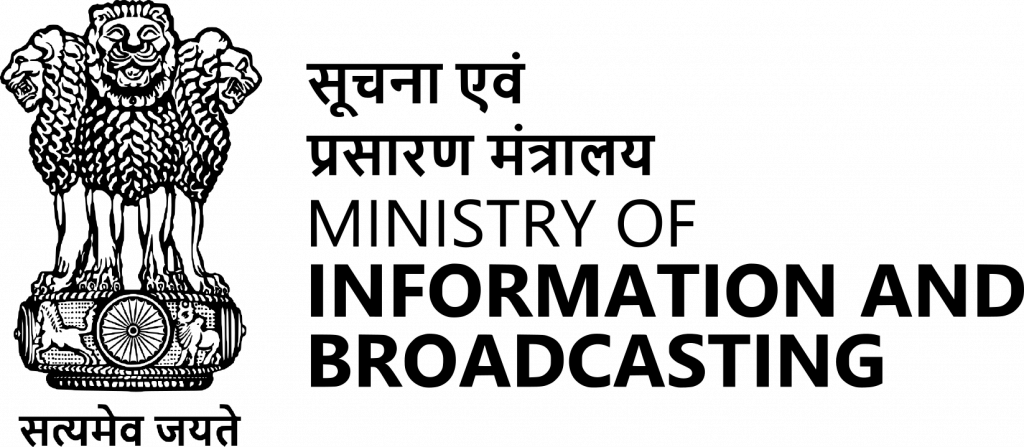The Indian Ministry of Information and Broadcasting has issued an advisory to ban all gambling advertisements across print, electronic, and digital media. The move aims to curb the promotion of online betting and aligns with existing guidelines set by the Advertising Standards Council of India (ASCI).

The Scope of the Ban: A Comprehensive Approach
The scope of the ban is quite extensive, covering multiple forms of media. According to the Ministry of Information and Broadcasting, the ban applies to print, electronic, and digital media. This means that newspapers, television channels, and online platforms are all expected to refrain from advertising online betting platforms. The advisory also extends to online and social media, advising them not to display such advertisements targeted toward the Indian audience. The launch of a self-regulatory body is proposed. This body can only register in social media those online games that do not allow wagering based on the outcome of an event, that is, betting platforms.
This comprehensive approach indicates that the Indian government is taking a multi-faceted strategy to curb the promotion of online betting, aiming to eliminate exposure across all media channels.
- Media platforms affected: Print, Electronic, Digital
- Also extends to: Social Media
- Regulatory body: Ministry of Information and Broadcasting
Penalties: A Deterrent Strategy
The penalties for violating the ban on gambling advertisements in India can be severe, although specific details may vary depending on the jurisdiction and the media platform involved. Generally, violations could lead to fines, legal action, and the revocation of licenses for media outlets that fail to comply with the ban. The Ministry of Information and Broadcasting has the authority to take punitive actions against violators, which could include financial penalties or legal proceedings.
The stringent penalties aim to ensure compliance and deter media outlets from engaging in the promotion of online betting activities, thereby reinforcing the government’s commitment to curb gambling and its associated risks.
Penalties for Non-Compliance
- Financial penalties
- Legal action
- Revocation of licenses
Alignment with ASCI Guidelines: Reinforcing Responsible Advertising
The new ban on gambling advertisements aligns closely with existing regulations set forth by the Advertising Standards Council of India (ASCI). ASCI already has guidelines that require advertisements to not be misleading, harmful, or offensive, and they should not propagate practices that are hazardous to public health or safety. The new ban amplifies these principles by specifically targeting gambling, which is considered a public health concern due to its potential to lead to addiction and other social issues.
The ban can be seen as an extension of ASCI’s mandate to ensure responsible advertising. It adds another layer of scrutiny specifically aimed at the gambling sector, which has been a subject of public and governmental concern. This alignment with ASCI guidelines indicates a coordinated effort between different regulatory bodies to ensure that advertising remains ethical and responsible across all sectors.
ASCI Guidelines
- Advertisements should not be misleading
- Should not be harmful or offensive
- Should not propagate hazardous practices
Public and Industry Impact: A Balancing Act
While the ban aims to protect public health by reducing exposure to gambling, it also poses challenges for media outlets that rely on advertising revenue from online betting platforms.
Impact Metrics
- Expected decrease in ad revenue for media platforms
- Potential increase in public awareness about the risks of online betting
A Landmark Decision
The ban on gambling ads represents a significant policy shift in India’s approach to advertising regulation. With stringent penalties for non-compliance and a comprehensive scope, the move is expected to have a broad impact on both the advertising industry and public health. The coming months will be crucial for both the media industry and regulatory bodies as they navigate the complexities of this new landscape.

